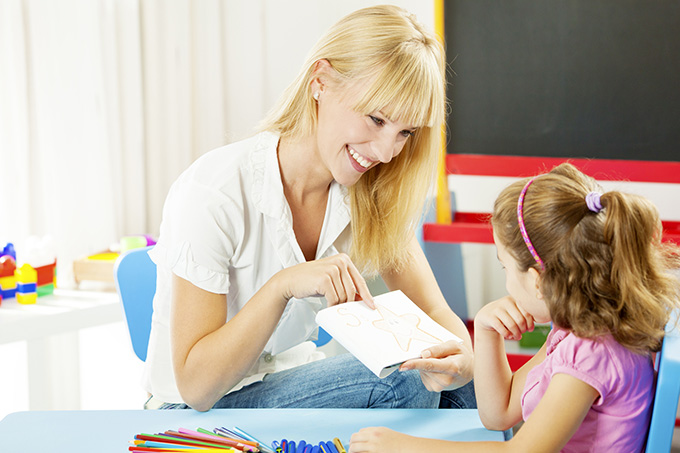
Soft skills are also known as those social and emotional skills that complement technical skills and are crucial for each person’s personal and professional success.
In a labor market in which competitiveness increases, the ability to work in a team, adaptability or problem solving in a changing and globalized context is increasingly valued. All of them soft skills.
Others, such as knowing how to express ourselves clearly, being empathetic or knowing how to resolve conflicts, are not only useful in the world of work, but can make our lives easier and more satisfying.
Assessment as a skill
Knowing how to evaluate information, situations or facts is also a soft skill. It requires a combination of knowledge, skills and attitudes to carry it out effectively and fairly. It is key to getting citizens to make informed and fair decisions on any issue and plays a crucial role in how we interact with the world around us.
Today we are subjected to a constant bombardment of information and having the ability to assess its veracity and relevance is more important than ever to make decisions based on critical reflection.
The evaluation is used in many moments of our day to day, from making decisions on a personal level to evaluating performance in our work, which implies analyzing the different options and making decisions in the most objective way possible.
When we do not have the ability to evaluate, the influence of the media, social networks or entertainment culture determines our positions and decisions.
Evaluation culture
Evaluation is seen as negative because it is often associated with rating, criticism, or comparison, which can create pressure and anxiety, even undermine self-esteem and confidence.
But it is possible to change this conception of evaluation towards a focus of continuous improvement and growth, which helps us to learn from mistakes and which is positive and motivating. The role of education is crucial to foster this capacity in society.
Educative development
Through a quality education, students can develop critical skills or the ability to deeply understand values and ethical standards, which helps people make their own decisions in a broad and complex context.
Diversity of opinions and perspectives is another important aspect to work on in the classroom, as this helps students develop a broader understanding of different points of view and evaluate information more objectively.
There are several strategies that can help boost assessment skills and can be applied at any age or educational level and in any subject:
- Provide students with feedback that helps the student to constantly improve.
- Encourage reflection on the evaluation carried out so that students are able to detect their strengths and weaknesses.
- Teach critical thinking skills where students must learn to analyze and evaluate information and arguments objectively.
- Encourage debate so that they learn to listen and value other perspectives.
Children must know what the goals to achieve are and the evaluation of these goals must be considered in a playful and creative way so that they learn to evaluate their process and their own achievements.
Likewise, valuing one’s own achievements can have a positive impact on academic, emotional and social development, so if they develop the ability to evaluate, they can also develop other types of soft skills such as resilience or problem solving.
Improvement process
The current Spanish educational law ( LOMLOE ) considers evaluation as a process to improve student learning and development. An evaluation that not only assesses the learning acquired but also assesses the acquisition of certain skills and aptitudes.
This approach fosters motivation and develops self-confidence and responsibility, helping them not only to achieve their academic goals, but also to develop skills for their future.
The formative assessment of students does not focus on measurement but rather focuses on student growth and the acquisition of different skills.
Another challenge is the personalization of the evaluation, so that it detects the individual needs of each student and how they can improve. This can be quite expensive for teachers due to the amount of time and resources required to do so.
Evaluate yourself
Improving this ability from children has a large number of advantages, since it can help improve decision-making and problem solving. Children, through self-assessment, can identify their strengths and weaknesses and consequently make informed decisions and solve the problem effectively.
Self-assessment also helps them understand how their actions and decisions affect others and develop valuable social and emotional skills.
The evaluation helps us to understand ourselves and others, to develop a self-evaluation that, through constructive criticism, helps us to improve our abilities and skills.
Therefore, promoting evaluation capacity from childhood is vital to prepare students for the current and future world. It will allow them to develop skills that are valued, in a very positive way, in the personal and work environment.
Author Bio: Estefania Hita Egea is a Teacher and Teacher Trainer Expert in Educational Technology and Leadership at the International University of Valencia
